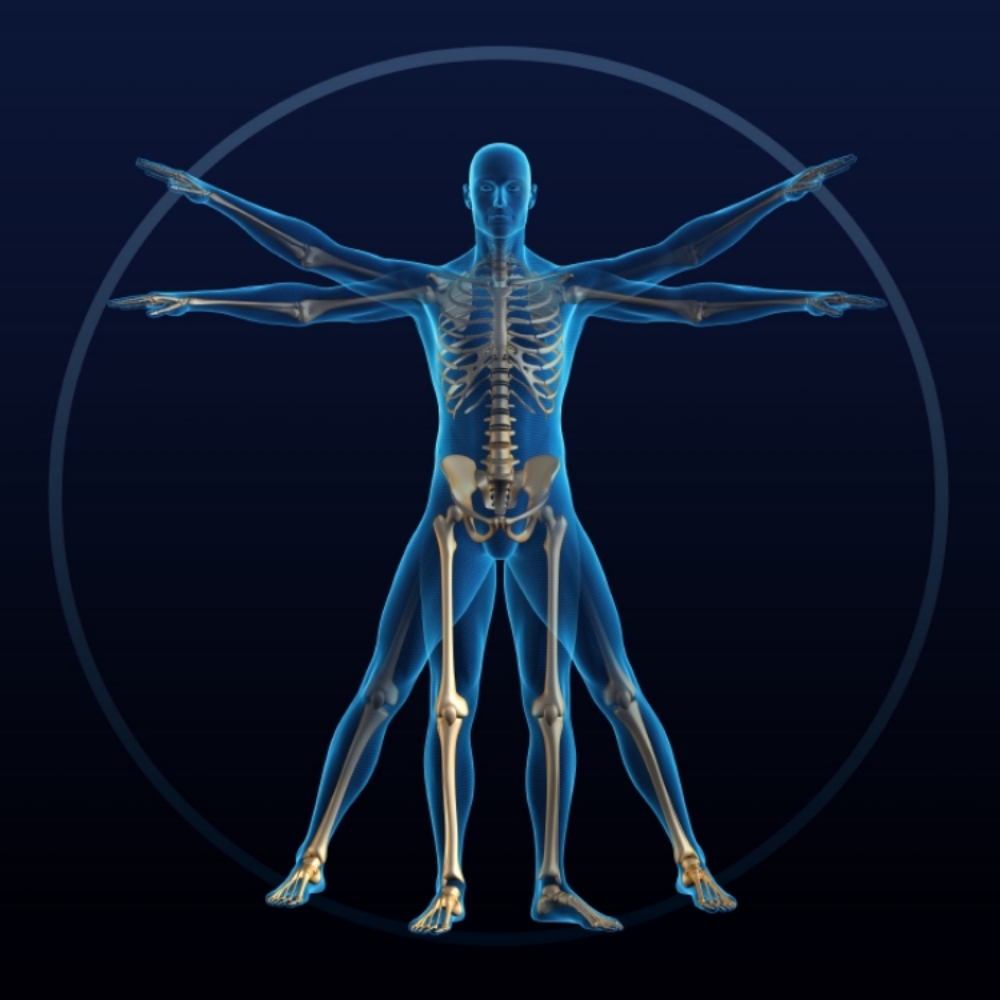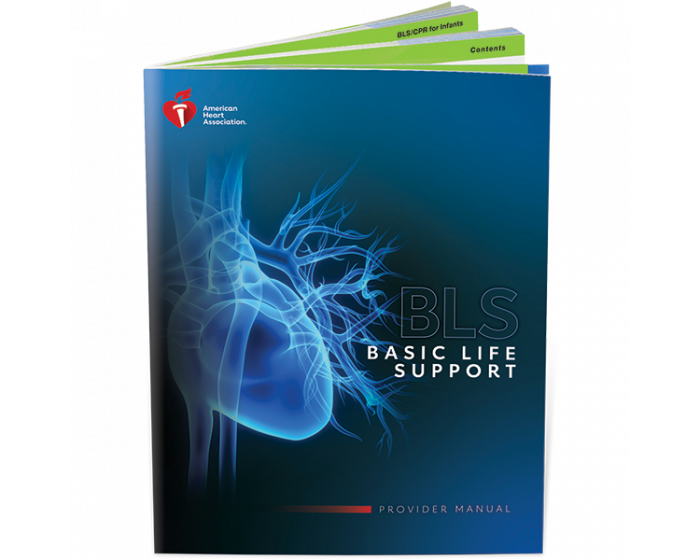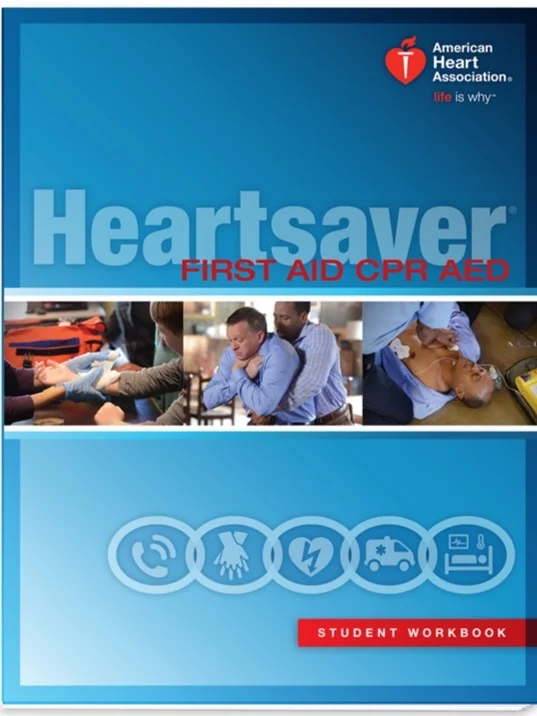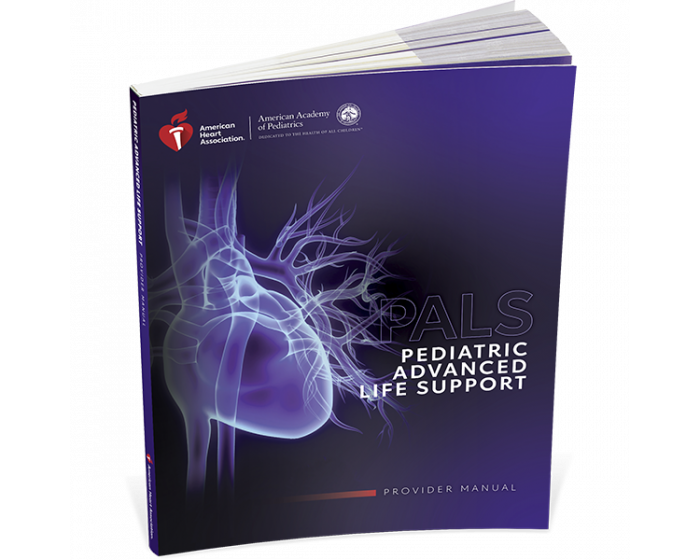Advanced Cardiac Life Support
ACLS Courses Offered:
ACLS Course Descriptions:
Course costs vary by location and type.
Advanced Cardiovascular Life Support In this classroom-based course, providers enhance their skills in treating adult victims of cardiac arrest or other cardiopulmonary emergencies, while earning their American Heart Association ACLS (AHA ACLS) for Healthcare Providers Course Completion Card
HeartCode™ ACLS Description:
An alternative to traditional, classroom-based ACLS training, the self directed HeartCode (TM) ACLS eLEarning program uses eSimulation technology. After the completion of Part 1, students must pass skills practice (Part 2) and testing (Part 3) with an AHA instructor.




